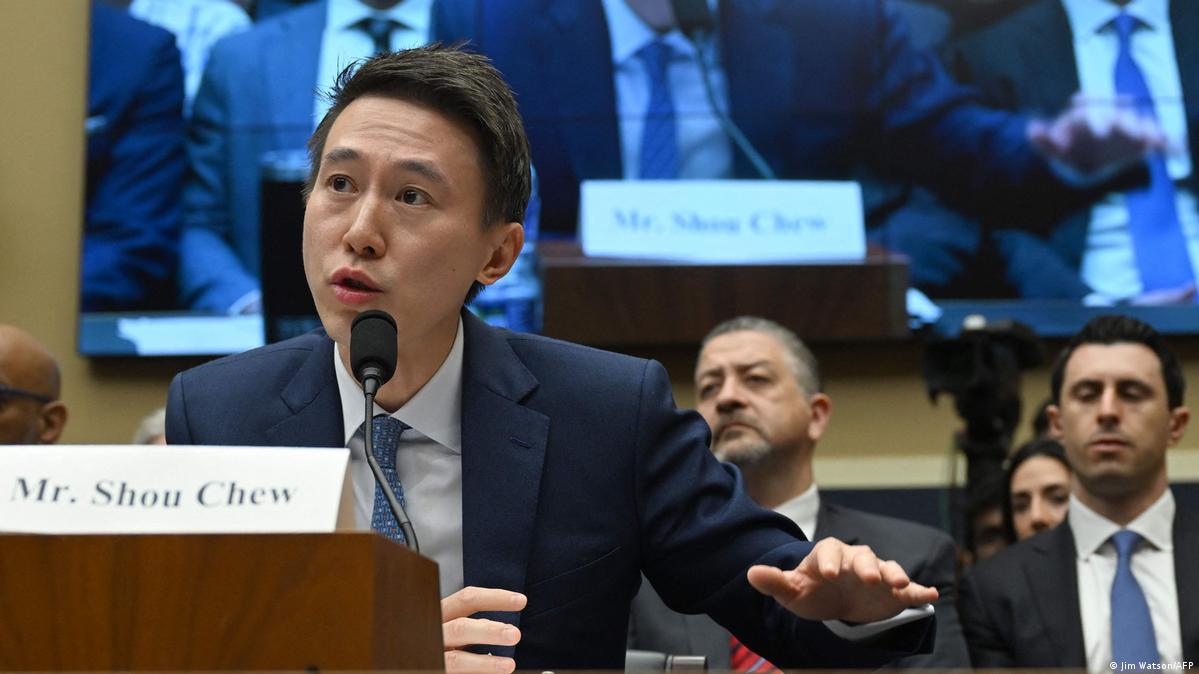TikTok’s CEO, Shou Zi Chew, expressed optimism in the face of legal challenges following President Joe Biden‘s signing of legislation targeting the popular app.
The bill, aimed at China-based ByteDance, gives a 270-day ultimatum for divesting TikTok’s U.S. assets or facing a ban. Chew reassured users, citing confidence in prevailing legally.
Despite the looming deadline, Biden has the authority to extend it by three months if ByteDance demonstrates progress.

The issue adds a political dimension, with Biden’s potential re-election bid and contrasting approaches with his predecessor, Donald Trump, who initially pursued a TikTok ban.
While the White House emphasized concerns about Chinese ownership, Chew stressed that the legislation effectively constitutes a ban on TikTok.
The company vows to continue operations while contesting the restrictions, highlighting uncertainties surrounding a potential buyer’s financial capacity and regulatory approvals.
The legislation’s swift passage through Congress reflects bipartisan apprehensions regarding national security risks linked to foreign-owned tech platforms.
However, it also raises debates about the balance between security imperatives and protecting free speech rights.
TikTok intends to challenge the bill on First Amendment grounds, supported by its user community and civil liberties groups like the ACLU.
Legal experts anticipate the legislation providing a firmer legal basis for a ban if ByteDance fails to comply.
The bill’s implications extend beyond TikTok, potentially empowering the White House to address other perceived security threats posed by foreign-owned apps.

Concerns have been raised about the potential for government overreach and implications for Americans’ constitutional rights.
As the legal battle ensues, TikTok’s fate remains uncertain, with implications for its millions of American users and thousands of employees.
Biden’s re-election campaign intends to continue using TikTok, while past restrictions on government employees’ use of the app underscore broader national security concerns.


















